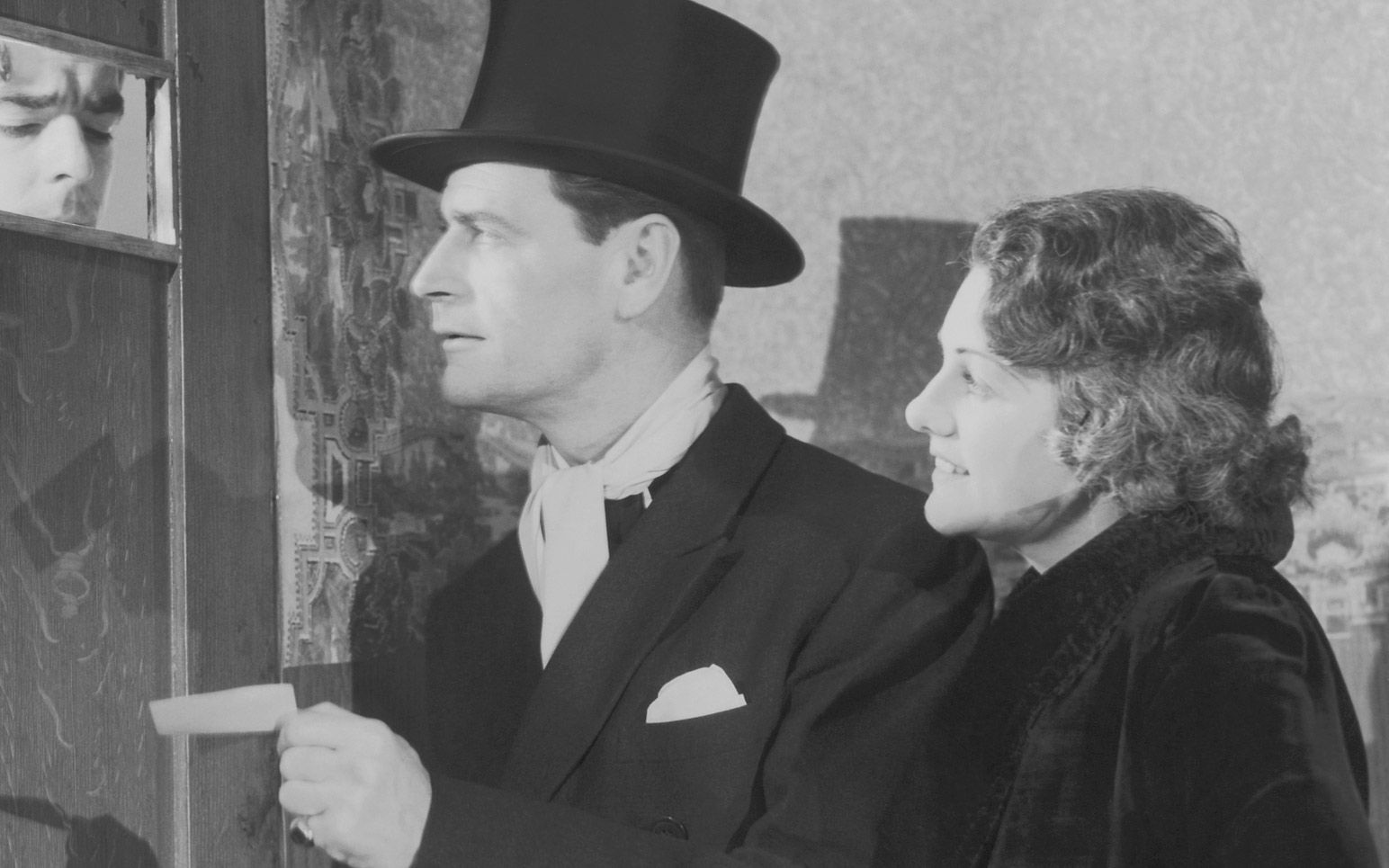On this day, January 17, in 1920, the US officially "went dry" as Prohibition became the law of the land. In 1928, one Irish reporter went to New York to see how the law was faring.
It was 1928 and Prohibition had already held steady for almost a decade in the U.S. when a reporter for the Irish Times relayed his own funny experience of the alcohol ban to the Irish back home, revealing to the Emerald Isle that, in fact, Prohibition may not have been working at all.
Read more: High and dry in New York during the Prohibition
While the reporter claimed that some had filled the void that intoxicating liquor had left with candy and copious amounts of tea - a worrying trend for the tea-loving Irish that saw much of the global supply depleted - it was far from sober that Americans were still living their lives; Prohibition or no Prohibition.
“I can say honestly that in twelve days in America I saw more cases of alcoholic intoxication than I have ever seen in Ireland for three times that period, while the scenes attending many vessels’ departure from New York must be seen to be believed,” the Irish Times Reporter wrote in 1928.
It was early in 1928 when one Irish Times reporter quickly learned what most people would come to realise: prohibition wasn’t really working.https://t.co/JHEleLCYdX
— The Irish Times (@IrishTimes) July 29, 2018
Read More: Sláinte! Ireland ends ban on selling alcohol on Good Friday
Published in February of that year, the report continued to state that no matter what we might previously have thought, this outlawing of the manufacture, transportation, and sale of intoxicating liquors in the US showed that the Americans had a sense of humor, by the fact that the manufacture, transportation, and sale of intoxicating liquors was still very much happening.
“After less than fourteen days in the country I discover myself in profound disagreement with those who declare America to be devoid of a sense of humour,” he wrote.
“It is a malicious calumny - malicious because it is uttered out of the full knowledge that the Volstead Act is still on the Federal Statute Book. Than America, I think that no country can cherish greater affection for a joke against itself. Else why is there prohibition?”
To such an extent was the law being flouted, that the Irish writer spotted several policemen enjoying a tipple, leaving it up to the federal agents in their hopeless attempt to stop the well-hidden and organized speakeasy culture that established shop fronts shielding the incognito drinking dens below.

A couple knocking on a speakeasy's door during Prohibition (Getty images.)
Read More: My great-aunt, the bootlegging Irish nun in Prohibition America
“No place of business, I think, has been more aptly named than the ‘speakeasy’ - so called for reasons that doubtless will be familiar to any Irish publican who still plies a furtive trade long after his assistants have donned their coats and taken themselves off the premises,” the report from New York states.
“It is was not the least of my astonishment that when conducted for the first time to one of them I beheld two or three policemen reclining in graceful attitudes against the counter drinking their small glasses of rye whiskey,” he added, looking to the local reporter acting as his tour guide for an explanation.
He was told “that it was no party of the policeman’s duty to bother about this sort of liquor traffic. It was the job of the federal agents, and, any way, there was ‘a lotta graft’ in the whole thing and no speakeasy need be raided if the proprietor knew his business.”
The insight into how Prohibition was faring in America seemed to indicate to the Irish that it was not something that should be replicated. Even early on in 1922, a newspaper article said that “the American experiment has pricked that bubble, and we hope that the Irish Free State will leave it severely alone.”
H/T: The Irish Times
Do you think Prohibition would have been successful in Ireland? Let us know your thoughts in the comments section, below.




Comments